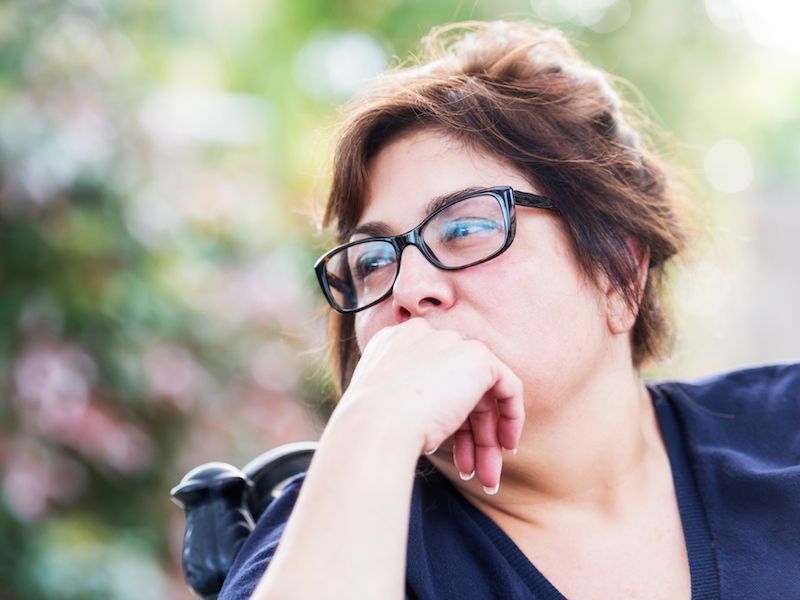
Studies show that you are twice as likely to struggle with hearing loss if you have diabetes, according to the American Diabetes Association. If you are a person that associates hearing loss with aging or noise trauma, this may surprise you. Almost 500,000 of the1.9 million people diagnosed with diabetes in 2010 were under the age of 44. Evidence shows that 250,000 of those younger people who have the disease likely suffer from some form on hearing loss.
The main point is that diabetes is only one in many ailments which can cost a person their hearing. Growing old is a major factor both in disease and hearing loss but what is the relationship between these disorders and ear health? These illnesses that lead to hearing loss should be considered.
Diabetes
What the connection is between diabetes and hearing loss is uncertain but clinical evidence appears to suggest there is one. A condition that indicates a person might develop type 2 diabetes, called prediabetes, causes people to lose their hearing 30 percent faster than people who don’t have it.
While there are some theories, researchers still don’t know why this occurs. It is possible that high glucose levels might cause damage to the blood vessels that feed the inner ear. That’s a reasonable assumption since diabetes is known to affect circulation.
Meningitis
Loss of hearing is a symptom of this infectious disease. Meningitis by definition is inflammation of the membranes that cover the spinal cord and brain, usually due to infection. Studies show that 30 percent of people who develop this condition will also lose their hearing, either in part or in full. Among young people in America, this infection is the second leading cause of hearing loss.
The delicate nerves which relay signals to the inner ear are potentially injured by meningitis. The brain has no way to interpret sound without these signals.
Cardiovascular Disease
Conditions that affect the heart or blood vessels are covered under the umbrella term “cardiovascular disease”. Some normal diseases in this category include:
- High blood pressure
- Atherosclerosis
- Stroke
- Heart attack
- Heart failure
- Peripheral artery disease
Age related hearing loss is usually associated with cardiovascular diseases. Injury can easily happen to the inner ear. When there is a change in blood flow, it may not get the oxygen and nutrients it needs to thrive, and injury to the inner ear then leads to hearing loss.
Chronic Kidney Disease
A 2012 study published in The Laryngoscope found that people with this condition also had an increased risk of hearing loss. A separate study found that chance to be as high as 43 percent. However, this connection may be a coincidence. Kidney disease and other ailments involving high blood pressure or diabetes have many of the same risk factors.
Toxins that build up in the blood as a result of kidney failure could also be responsible, theoretically. These toxins could damage the nerves in the inner ear, closing the connection it has with the brain.
Dementia
Dementia and hearing loss have a two way effect on each other. There is some evidence that cognitive deterioration increases a person’s risk of getting conditions like Alzheimer’s disease. Brain shrinkage and atrophy are the causes of dementia. Trouble hearing can hasten that process.
It also works the other way around. As damage to the brain increases a person who has dementia will show a decline in their hearing even though their hearing is normal.
Mumps
Early in life the viral infection mumps can cause children to lose their hearing. The reduction in hearing may be only on one side or it might affect both ears. The reason why this occurs is the virus damages the cochlea in the inner ear. Signals are sent to the brain by this part of the ear. The positive thing is, due to vaccination mumps are relatively rare today. Not everyone who gets the mumps will experience hearing loss.
Chronic Ear Infections
Treatment clears up the occasional ear infection so it’s not very risky for most people. For some, though, infection after infection can wear out the tiny pieces that are needed for hearing such as the eardrum or the small bones in the middle ear. When sound cannot get to the inner ear with enough force to send signals to the brain it’s known as conductive hearing loss. Sensorineural hearing loss or nerve damage can also be caused by infections.
Prevention is the key to avoiding many of the illnesses that can cause you to lose hearing. A healthy diet, plenty of exercise and regular sleep habits will go a long way to protecting your ear health throughout your life. You should also get regular hearing exams to make sure your ears stay healthy.
